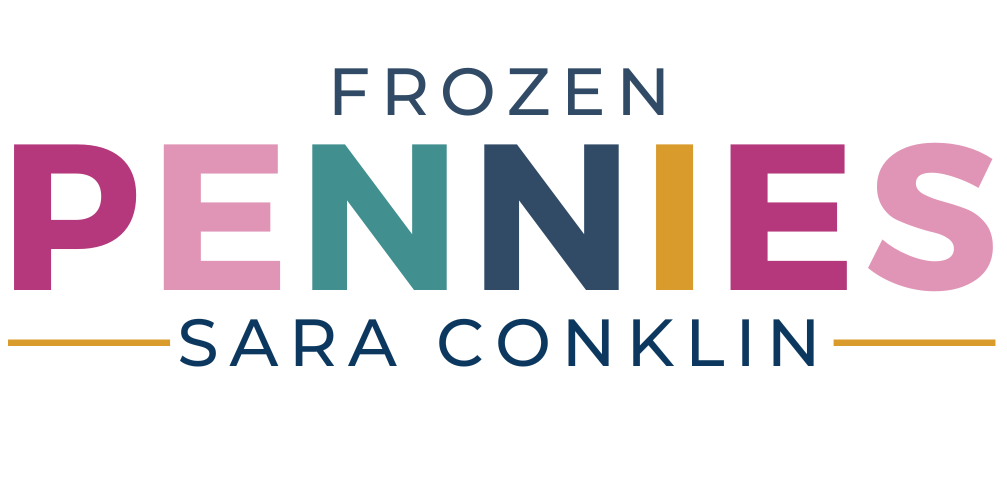Just as the arrival of spring inspires a thorough cleaning of our homes, it’s also the perfect time to dust off and declutter our financial affairs. Taking the time to organize and reassess your finances can lead to better financial health and peace of mind.
In this guide, we’ll share ten actionable tips to refresh your finances, from budget adjustments to reviewing your investments, ensuring you step into the brighter season on a sound financial footing.
Declutter Your Expenses

Begin by examining your monthly expenses and identifying non-essential expenditures that can be trimmed. Conduct a thorough review of your bank statements and subscriptions to highlight and eliminate unnecessary expenses.
This not only simplifies your financial landscape but can also free up extra funds. Allocate these funds towards savings, debt repayment, or investments to enhance your financial well-being. Remember, even small reductions can result in significant long-term savings.

Revisit and Revise Your Budget
Life’s dynamics constantly evolve—and so should your budget. Spring cleaning your finances means looking at your budget with fresh eyes.
Start by evaluating how your income, expenses, and financial goals have changed. Perhaps you’ve taken on new financial responsibilities, or your income has varied.
Adjust your budget to reflect these changes, ensuring it aligns with your current financial situation and objectives. It’s also a prime time to set new financial goals or revisit old ones, making modifications where necessary.
An updated budget acts as a roadmap, guiding you toward financial stability and growth in the coming year.
Consolidate and Pay Down Debt
Reducing your debt should be a top priority for revitalizing your finances this spring. Start by listing all your debts, from credit card balances to loans, and consider using the snowball method—paying off smaller debts first to create momentum—or the avalanche method, which focuses on debts with higher interest rates.
Consolidating your debts into a single loan with a lower interest rate can also simplify payments and reduce the amount you pay in interest over time. Create a strategic pay-down plan, allocating extra funds from cut expenses or additional income towards debt reduction to accelerate your path toward financial freedom.
Refresh Your Savings Goals

Reevaluating your savings goals is an integral part of financial spring cleaning. Start by assessing whether your current savings targets align with your life goals.
Perhaps it’s time to increase your emergency fund, save for a down payment on a home, or set aside funds for a dream vacation. Whatever your objectives, ensure they’re realistic and achievable within your budget.
Consider automating your savings to make the process seamless and consistent. This can involve setting up automatic transfers to your savings account each payday. It’s a simple, effective strategy to steadily grow your savings without thinking about it every month.
Audit Subscription Services
In today’s digital age, it’s easy to accumulate a variety of subscription services, from streaming platforms to monthly box services. However, these can quickly add up, becoming a significant monthly expense.
Take the time to audit these services and decide which ones you genuinely use and enjoy. Consider canceling any subscriptions that you no longer need or find valuable. Additionally, look for opportunities to reduce costs by switching to annual plans for those you wish to keep, as they often offer a discount compared to monthly billing.
This exercise streamlines your expenses and can lead to substantial savings over time.
Organize Financial Documents
In the digital era, organizing financial documents extends beyond physical papers to include digital records.
Start by securely shredding outdated bank statements, bills, and irrelevant financial documents. Create a dedicated filing system for important papers such as tax returns, loan documents, and investment records, whether it’s a physical folder or a digital cloud-based storage.
Regularly backup digital records to avoid data loss and protect sensitive information with strong passwords and encryption. This reduces clutter and makes accessing and reviewing your financial history easier whenever necessary, supporting more informed financial decisions.
Review Insurance Policies

Reviewing your insurance policies is crucial to ensure they meet your changing needs. This includes health, life, property, and any other insurance policies you may hold. Your insurance requirements can significantly change as life events happen—such as marriage, childbirth, or home purchasing.
Comparing current policies with other market options may reveal opportunities for better coverage or cost savings. Feel free to contact your insurance agents for a policy review or to shop around to ensure you get the most value and protection based on your current circumstances.
Set Up Automated Savings and Bill Payments
Automating your savings and bill payments can revolutionize your financial management, significantly reducing the chances of late fees and ensuring consistent savings growth. By setting up automatic transfers to your savings account, you prioritize your savings goals without manually transferring funds each month.
Similarly, automatic bill payments ensure your utilities, credit card payments, and loans are paid on time, safeguarding your credit score. This approach simplifies your financial routine and instills discipline in your spending and saving habits, allowing you to focus on achieving your financial objectives with less stress.
Plan for Tax Season
Planning for tax season well in advance can spare you from the stress and rush as the deadline approaches.
Start by gathering all necessary documents such as W-2s, 1099s, receipts for deductible expenses, and records of any charitable donations made throughout the year. Consider using a digital organizer or a dedicated folder for these documents to keep everything in one place.
It’s also wise to review the past year’s return to anticipate any changes in your financial situation that could affect your taxes.
If you anticipate a complex tax situation, consulting with a tax professional early can provide guidance and help maximize your returns or minimize your liabilities. Availing of online tools and tax software can also streamline the process, providing step-by-step assistance and ensuring accuracy in your tax filing.
Invest in Your Financial Education
Investing in your financial education is fundamental to achieving long-term financial well-being. In an era of abundant information, learning about budgeting, investing, retirement planning, and other aspects of personal finance can empower you to make more informed decisions.
Consider enrolling in online courses, attending workshops, or reading books and articles from reputable sources. Additionally, following financial news and engaging with communities focused on financial literacy can provide current insights and practical advice.
Knowledge is power; in personal finance, it’s the power to grow wealth, manage debt responsibly, and secure your financial future.
Final Thoughts on Financial Spring Cleaning
As the season changes, taking the time for a financial spring cleaning can significantly improve your economic well-being. Reevaluating and tidying up your financial house offers a fresh start and the clarity needed to pursue your financial goals with renewed vigor.
By following the steps outlined—ranging from setting realistic savings targets to investing in your financial education—you set the stage for a healthier financial future. Remember, every small step today can lead to significant benefits tomorrow, paving the way for financial stability and peace of mind.


 10 Mistakes That Are Killing Your Grocery Budget
10 Mistakes That Are Killing Your Grocery Budget